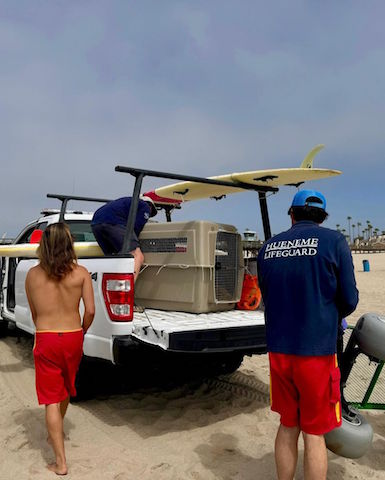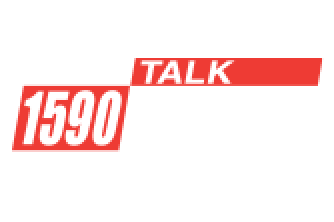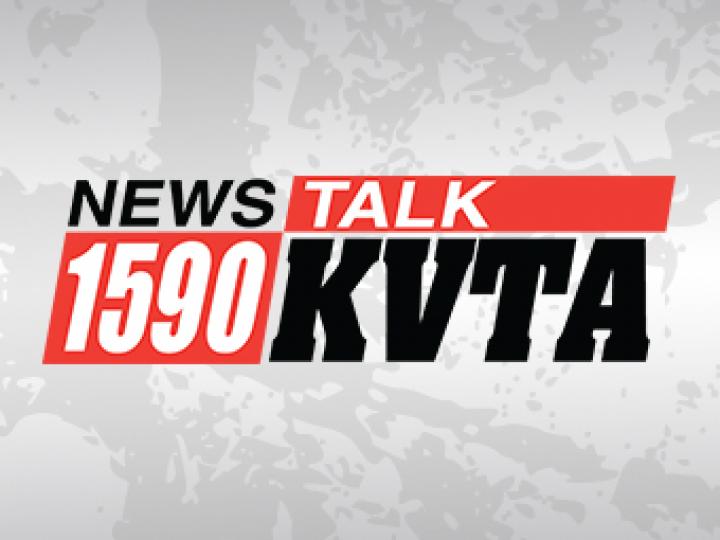
Port Hueneme Lifeguards Help Rescue More Sick Sea Lions
Tuesday August 13, 2024
(Photos courtesy CIMWI)
Update--The lifeguards at the Port Hueneme beach are usually involved in rescuing humans but this time it was two sick sea lions.
The lifeguards assisted the volunteers from the Channel Islands Marine and Wildlife Institute in carrying out the rescue of the adult female sea lion and a yearling who were found in close proximity at Hueneme Beach.
The sea lions were apparently suffering from domoic acid poisoning which is causing a large number of sea lions to become sick this year.
The Channel Islands Marine and Wildlife Institute says they've been inundated with sick sea lions stranding themselves on beaches in Ventura and Santa Barbara counties.

(File photo of earlier beached sea lion found elsewhere along the coast)
Here is more about the problem and what to do and NOT do if you come across a beached sea lion.
The problem: domoic acid.
It is a naturally occurring but harmful algae bloom event that this season is primarily affecting adult female California sea lions.
Here is more information from CIMWI...
What is Domoic Acid:
Domoic acid is neurotoxin that affects the brain and heart, and can cause seizures and cardiomyopothy.This year’s bloom event is predominately affecting adult female California sea lions. It is produced by Pseudo-nitzschia australis, a microscopic marine algae (phytoplankton). Filter-feeders (i.e. shellfish and small fish) consume the toxic algae and are not affected by it. However, when sea lions, dolphins, and birds eat the contaminated fish, they are negatively affected. CIMWI is seeing a mix of health issues including: stargazing (staring into space), disorientation, head weaving, mouth foaming, lethargy, erratic behavior, inability to get out of the tidal zone, unresponsiveness, involuntary muscle spasms, and seizures.
Additional information about domoic acid is on CIMWI’s website, https://www.cimwi.org/domoic-acid
What To Do If You Find A Stranded Marine Mammal:
If you encounter a marine mammal that is sick, injured, malnourished, entangled, deceased, or oiled, please follow these steps:
- DO NOT TOUCH! Do not touch, feed, harass, cover, pour water on, coax/drag/push into the water or out of the surf zone, allow dogs near or take selfies with the animal. These are wild animals, and they may bite!
- OBSERVE ANIMAL Observe the animal from a minimum of 50 feet (the length of a school bus). Keep people and pets away from the stranded animal. Note the animal’s physical characteristics and condition.
- DETERMINE LOCATION Determine the exact location of the animal. Be as accurate as possible and note any landmarks so CIMWI’s rescue team can easily find the animal.
- CALL HOTLINE: (805) 567-1505 Call the CIMWI Rescue Hotline at (805) 567-1505. Provide your name, phone number, specific information about the animal, and its location.
About Channel Islands Marine & Wildlife Institute (CIMWI):
Channel Islands Marine & Wildlife Institute (CIMWI, “sim-wee”) is a 501(c)(3) nonprofit organization dedicated to positively impacting conservation through marine mammal rescue, rehabilitation, research, and education to promote ocean and human health. The heart of CIMWI’s mission is the rescue and rehabilitation of sick, injured, malnourished, entangled, and oiled marine mammals. These efforts are part of a broader conservation strategy to preserve marine biodiversity.
CIMWI relies on volunteers, community awareness, and external financial support to sustain their day-to-day operations and advance their mission. To learn more about CIMWI and how to support this nonprofit, please visit www.CIMWI.org.
CIMWI Photos and Videos – 2024 Domoic Acid Harmful Algal Bloom Event:
Photo/Video Credit: Channel Islands Marine & Wildlife Institute (CIMWI)
Channel Islands Marine & Wildlife Institute


